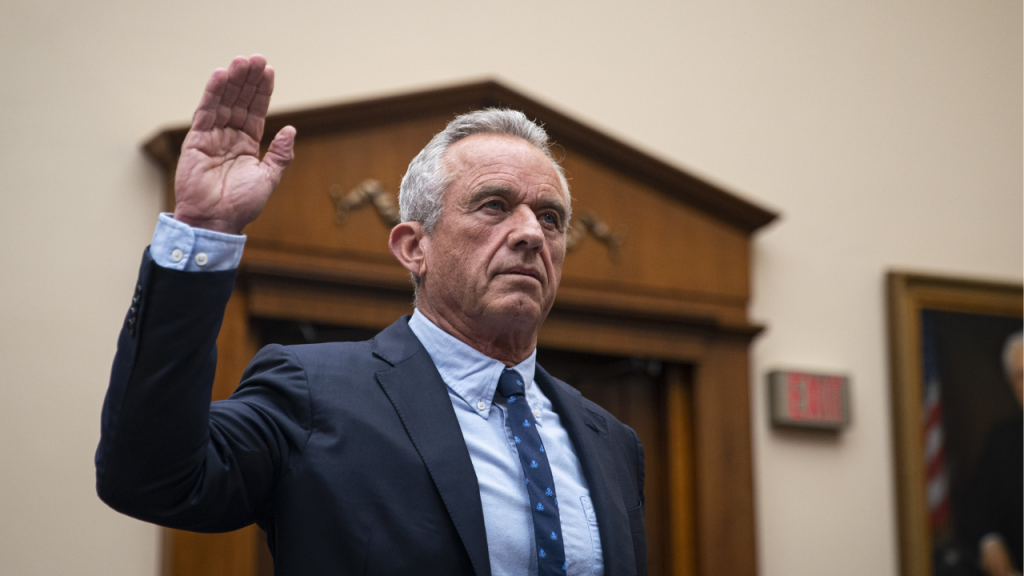Robert F. Kennedy Jr.’s nomination for Secretary of Health and Human Services (HHS) faces a critical juncture as the Senate Finance Committee prepares to vote on his confirmation. The committee’s decision holds significant weight, as a negative outcome would likely derail his nomination and prevent it from reaching the full Senate for a vote. This would mark a significant setback for the Trump administration, as previous nominees, including controversial figures like Pete Hegseth for Defense Secretary, have successfully navigated the committee process. Kennedy’s confirmation hinges on securing a majority of votes within the 27-member committee, comprised of 14 Republicans and 13 Democrats. Given the apparent lack of Democratic support, Kennedy likely requires the backing of every Republican member.
Kennedy’s path to confirmation is fraught with challenges, primarily stemming from his controversial stance on vaccines. His assertions about vaccine safety have drawn considerable scrutiny and raised concerns among some committee members, notably Senator Bill Cassidy, a physician. While Kennedy has garnered support from some initially hesitant Republicans, such as Senators Todd Young and Thom Tillis, securing Cassidy’s vote remains crucial. Recognizing this, Kennedy engaged in direct discussions with Cassidy over the weekend leading up to the vote, though the details of their conversation remain undisclosed.
The outcome of the committee vote carries broader implications for the Trump administration’s personnel agenda. If Kennedy fails to advance, he would become the first Trump nominee in this term to encounter such an obstacle. This could set a precedent and potentially impact the confirmation prospects of other nominees facing similar challenges. Notably, Tulsi Gabbard, Trump’s nominee for Director of National Intelligence, faces a concurrent committee vote on the same day and could similarly face a roadblock.
Kennedy’s nomination has been a lightning rod for controversy, largely due to his outspoken views on vaccines. He has repeatedly questioned the safety and efficacy of vaccines, promoting theories that have been widely debunked by the scientific community. These views have generated intense opposition from medical professionals, public health experts, and Democratic lawmakers, who argue that his appointment to lead HHS would jeopardize public health. Despite this opposition, Kennedy has maintained his stance, arguing that he is advocating for greater transparency and accountability in vaccine research and development.
The Senate Finance Committee’s decision will likely hinge on whether Republican members prioritize party loyalty or heed concerns about Kennedy’s vaccine views. While some Republicans have expressed reservations, others have defended Kennedy’s right to express his opinions and emphasized his qualifications for the position. The committee’s deliberations underscore the deep divisions within the political landscape surrounding vaccine policy and the broader issue of scientific consensus.
The upcoming vote represents a pivotal moment for both Kennedy and the Trump administration. A positive outcome would clear a significant hurdle for Kennedy’s confirmation, while a negative outcome would likely derail his nomination and potentially signal a shift in the Senate’s willingness to confirm controversial nominees. The result will have far-reaching implications for the future of HHS and the administration’s broader health policy agenda. It will also serve as a barometer of the political climate surrounding vaccine skepticism and the role of scientific expertise in policymaking.

